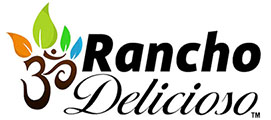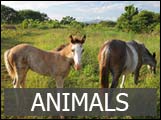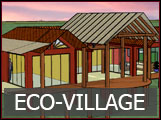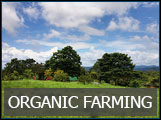Farmiculture Techniques View all

Water Plants in Tropical Permaculture
We have three water plants at Rancho Delicioso, all of which are considered invasive species and are illegal in places like Florida, because they can…

We Grew Guinness Record Breaking Soursop
According to the Guinness Book of World Records, the largest Soursop (Guanabana) ever grown was a measly 8.14 pounds (3.69 kg) so ours was nearly…
Edible Nuts and Seeds that Grow in the Tropics

Surprisingly, there aren’t many familiar nuts and seeds that grow in the tropics. We have…
Permaculture Plant Nerd Quiz

Here are photos of ten EDIBLE tropical plants. So for all you tropical garden geeks…
Growing Gallery

Here at Rancho Delicioso, we now have well over 100 edible plants growing here. Below…













































